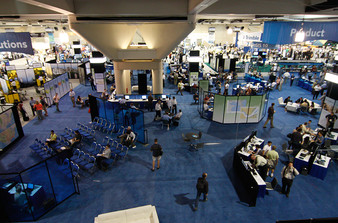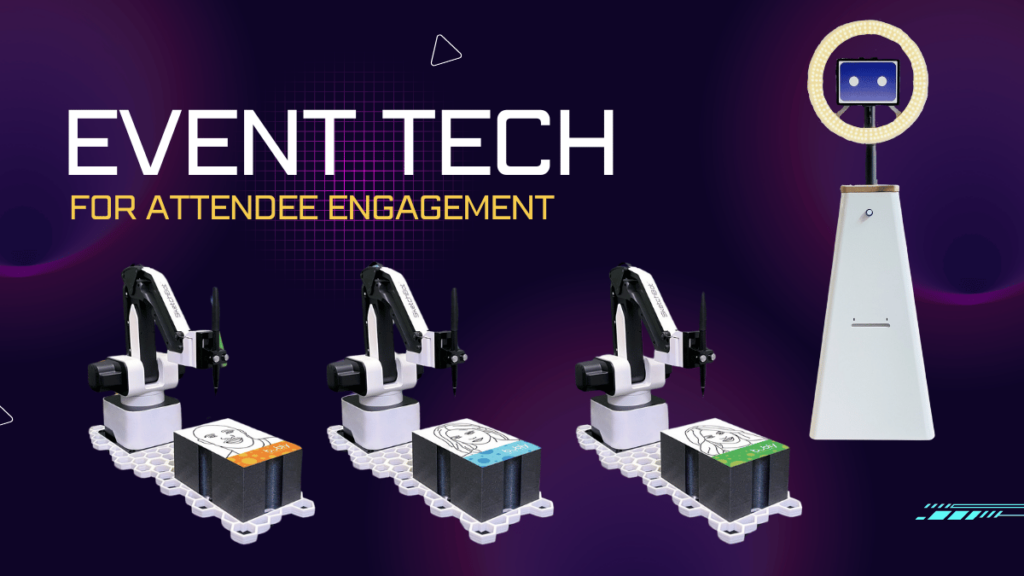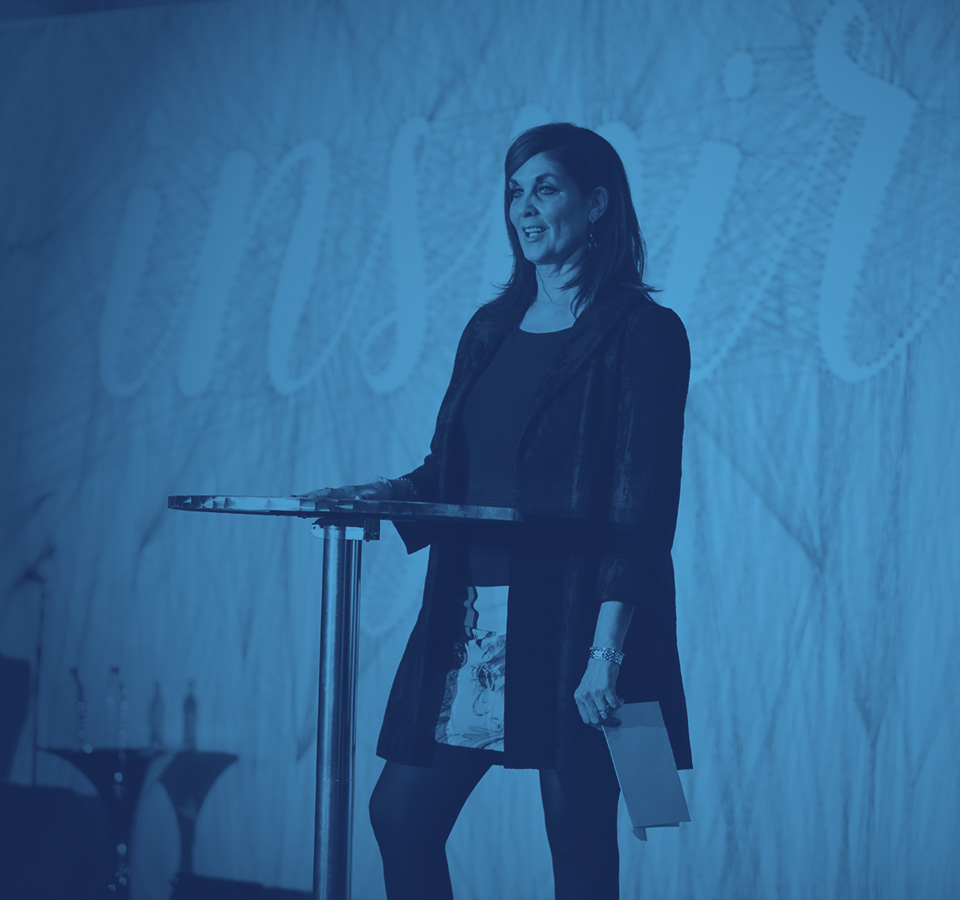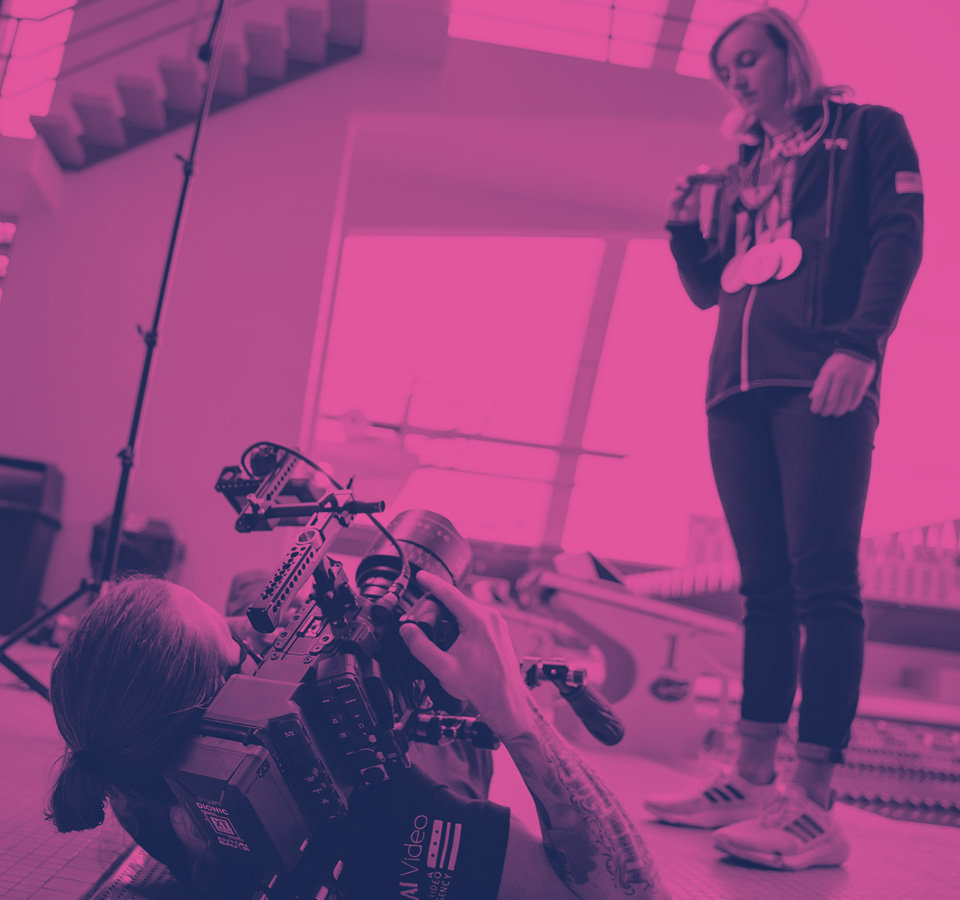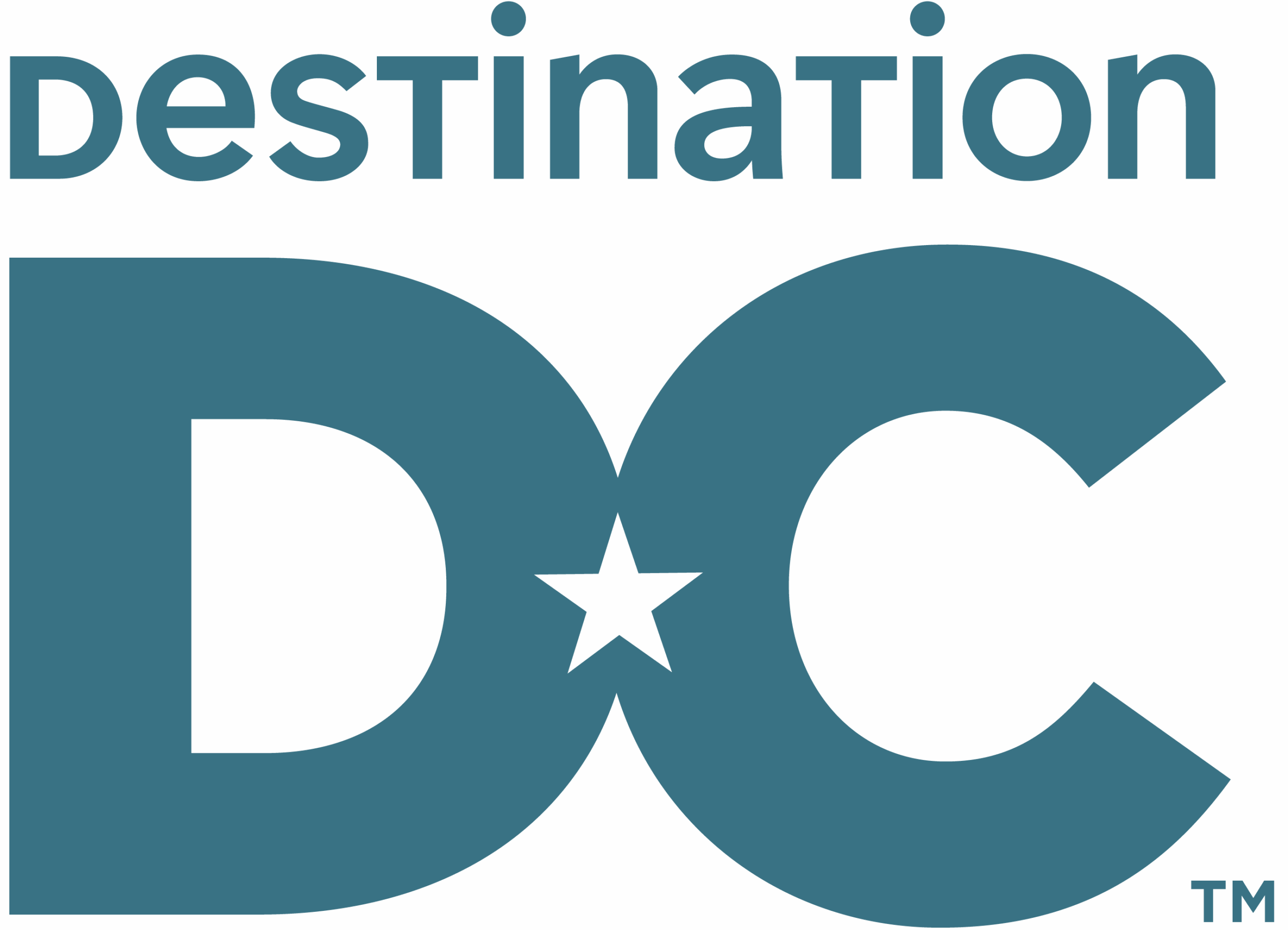Panel sessions are the ideal way to share different experiences or viewpoints on a topic with your audience.
While hosting or producing a panel session may seem straight-forward, there are a few key ways to guarantee audience engagement.
Here are five of our team’s best practices for having a successful and engaging panel session at your next event.
1. Talk with, Not At
Successful panels are built around a conversation of peers, not individual speakers with presentations. While this best practice should be obvious, but it can also be a good idea to remind your audience and guest of the type of event you’re hoping to host. Clear guidelines help, as does an experienced moderator. If you’re interested in hosting a moderator at your next event, Leading Authorities speakers bureau can help you to find and hire one of the best moderators on the circuit today.
2. Cast the Right Characters
Speaking of your moderator, they should be someone who will ensure that everyone has equal speaking and response time, with no one person monopolizing the conversation. Each panelist should play a specific role, which can be discussed beforehand, by either representing a sector of the industry, a particular and established viewpoint, or by contributing knowledge and experience that is different from their fellow panelists.
3. Hop on a Pre-Call
You can do your best to bring together individuals who will talk collaboratively and not talk over one another. But the best way to ensure a seamless event is to engage with the panel and moderator prior to the event by hosting a call or meeting. You can briefly touch on what each panelist will discuss and contribute, and you will have an opportunity to set ground rules and expectations. Put it this way: You’ll never regret being overly prepared by hosting a pre-call.
4. Involve the Audience at Every Turn
Give attendees a chance to be heard by using polling, electronic question submissions, or have them try something from their seats. Whatever you do, find some way to involve them. If you’re feeling adventurous, you can take it a step further by giving the audience a say in which topics to discuss in a ‘Choose-Your-Own-Adventure’ type set-up. Of course, this only works best when you are working with experienced panelists and a moderator who can help to steer the conversation should it get off track.
5. Get Creative!
A panel doesn’t have to be a group of people sitting in chairs. Stretch your imagination and rethink what your panel looks like by hosting a debate, setting your stage up to look like a morning talk show, and tossing to small interview segments. Or, create a game show environment or do a dramatic reenactment of an industry scenario. The more fun you have, the more your audience will enjoy it and the more memorable experience you will create.
We’d love to know what you think of these five best practices. Are these tips helpful for your team to keep in mind for your next panel session? Did we miss anything that you’ve found success with? Reach out to our team to let us know what you think. We would love to hear from you.
Are you ready to work with an event production company to enhance your next event? Contact us today!

